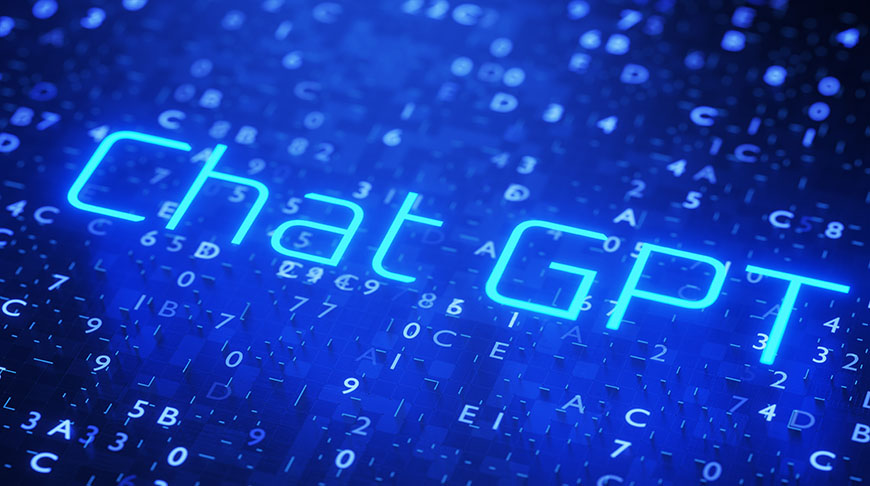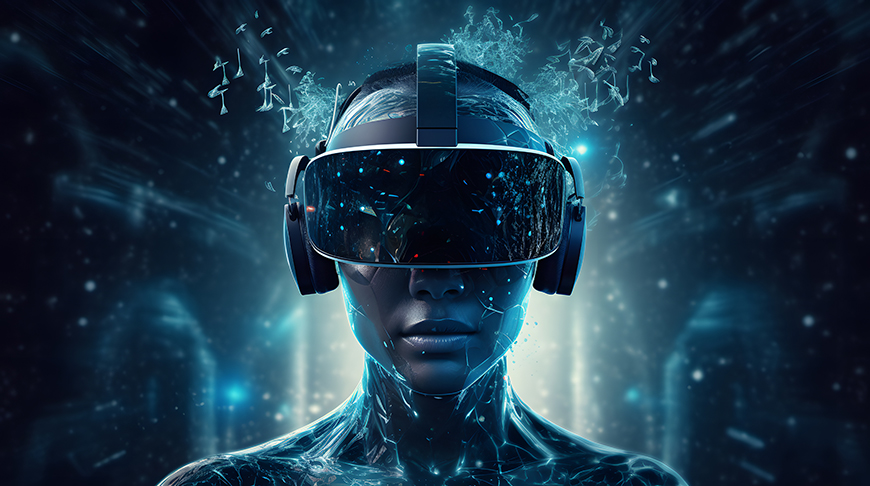Who Owns Your ChatGPT Output? (Hint: Probably Not You)
- January 30, 2023
- Snippets
Practices & Technologies
Software & Computing Trademark Patent Portfolio Management Artificial IntelligenceChatGPT is a large language model developed by OpenAI. It is based on the transformer architecture and trained on a massive dataset of text from the Internet. It has the ability to generate human-like text and can be used for a variety of natural language processing tasks such as language translation, question answering, and text completion. It is first pre-trained on a large corpus of general text and can be fine-tuned for specific tasks or domains. ChatGPT is also able to hold a context and generate coherent interactive text based on the context. It is designed to be easy to use via API, and can be integrated into various applications.
Putting money alongside mouth, the above paragraph was written by ChatGPT in response to my asking it to describe itself. I only made a few minor edits for clarity.
Over the last several weeks we have been inundated with articles and social media posts about ChatGPT, many focusing on where it succeeds in producing human-like text, where it fails, and some humorous things that it can do.[1] K-12 schools and universities are rushing to redesign their curricula in light of technology that students can use to generate answers to homework questions and write essays.[2] Here, we are going to address a more pertinent question to IP law. Who owns your ChatGPT output?
Let’s say that you’ve used ChatGPT like I did above to write a story, poem, product description, or even some software code. You then use or integrate that text into a commercial product or service.
But do you actually own what was generated? In other words, can you successfully copyright it? The short answer is, “Probably not.”

In the U.S. and many other jurisdictions, copyrights are reserved for works of human creativity. If a work is fully machine-generated, it cannot be copyrighted. As the Supreme Court wrote, copyright protects “the fruits of intellectual labor” that are “founded in the creative powers of the mind.”[3] If a machine or an algorithm is listed as the author of a submitted copyright application, the U.S. Copyright Office will reject it.[4]
But what if the work is partially machine-generated and, like the paragraph above, involved some human input? So far, the Copyright Office has not clarified whether such copyrights can be registered, even if the amount of human creativity was quite important to nature of the overall work.[5] While none of this has yet been tested in the courts, intuitively one would understand that the more human creativity that is added to a machine-generated text, the greater the likelihood that it can be registered. The human creativity that goes into writing a ChatGPT prompt that produces the desired output is probably insufficient.
But high-quality generative AI is a new technology that has been available to the public for less than a year. As is typical in these situations, the law needs time to catch up.
It may be years before the dust settles. It is also possible that the courts will produce a subjective human authorship test that ends up being heavily litigated on a case-by-case basis and could leave substantial gray areas in and around issues of authorship for purposes of copyright. All of this means that early adopters of ChatGPT should be careful about asserting copyright over machine-generated or hybrid works. In the short term, being open about your use of ChatGPT but adding substantive human creativity to its output is the recommended path if ownership is desired.
[1] Like writing about lost socks in the style of the Declaration of Independence.
[2] Kalley Huang, Alarmed by A.I. Chatbots, Universities Start Revamping How They Teach, New York Times, Jan. 16, 2023, available at https://www.nytimes.com/2023/01/16/technology/chatgpt-artificial-intelligence-universities.html.
[3] Trade-Mark Cases, 100 U.S. 82, 94 (1879).
[4] See, e.g., Review Board of the U.S. Copyright Office, Second Request for Reconsideration for Refusal to Register A Recent Entrance to Paradise (Correspondence ID 1-3ZPC6C3; SR # 1-7100387071), Feb. 14, 2022, available at: https://www.copyright.gov/rulings-filings/review-board/docs/a-recent-entrance-to-paradise.pdf.
[5] Brian Cronin, AI-Created Comic Could Be Deemed Ineligible for Copyright Protection, cbr.com, Dec. 21, 2022, available at: https://www.cbr.com/ai-comic-deemed-ineligible-copyright-protection/.

